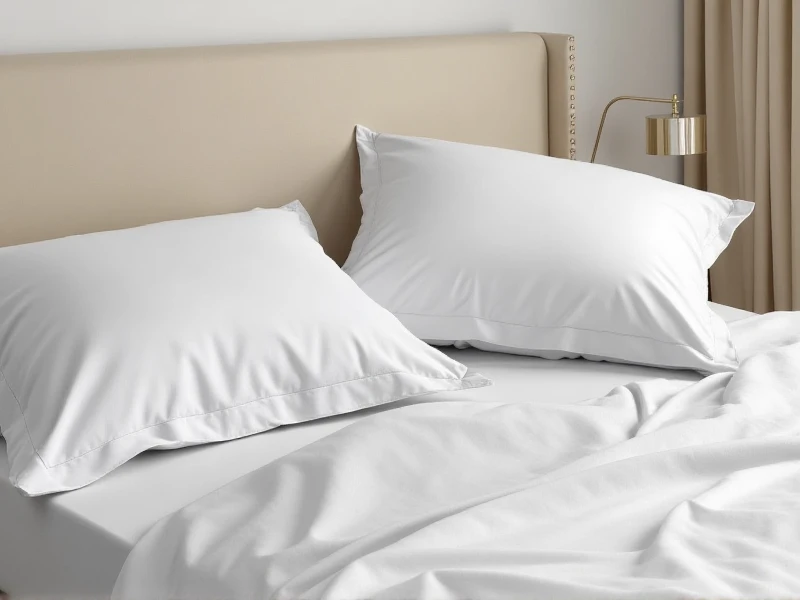Innovative Textiles: Shaping a Sustainable Future

Textiles form the backbone of our everyday existence, seamlessly integrated into clothing, home décor, and industrial applications. This versatile industry has evolved from ancient handweaving techniques to incorporate cutting-edge innovations and sustainable practices. Today, textiles are pivotal in addressing global challenges like environmental sustainability, driving demand for recyclable and biodegradable materials that reduce ecological footprints while enhancing functionality.
Historically, textiles began with natural fibers such as cotton and wool, crafted through labor-intensive weavings that sustained early civilizations. The advent of modern weaving technology during the Industrial Revolution revolutionized production, enabling mass availability of fabrics that democratized fashion and utility. Now, textiles encompass a broad spectrum, including synthetic fibers like polyester and innovative composites that cater to diverse sectors, from high-performance sportswear to advanced medical garments. For instance, smart textiles embed microelectronics to monitor health or adapt to environmental conditions, making them essential in healthcare and athletic domains.
Sustainability is revolutionizing the textiles landscape. As consumer awareness grows, brands prioritize eco-friendly alternatives such as recycled polyester from plastic bottles, organic cotton, and hemp-based fabrics. These sustainable textiles minimize waste, conserve resources, and appeal to environmentally conscious buyers who seek ethical products. Leading textile manufacturers are investing in circular economy models, from regenerative agriculture to end-of-life recycling, ensuring that textiles contribute positively to the planet without compromising quality or style.
The future of textiles shines bright with promise. Emerging trends like 3D-printed fabrics and nanotechnology-driven materials offer customizable, efficient solutions that reduce manufacturing waste. Industries including automotive and aerospace benefit from lightweight textiles that enhance energy efficiency, while innovations in biodegradable fibers support long-term environmental health. As global efforts intensify for a greener world, textiles stand at the forefront, blending tradition with technology for sustainable progress. Embracing these advancements ensures textiles remain indispensable in driving both economic growth and planetary well-being.